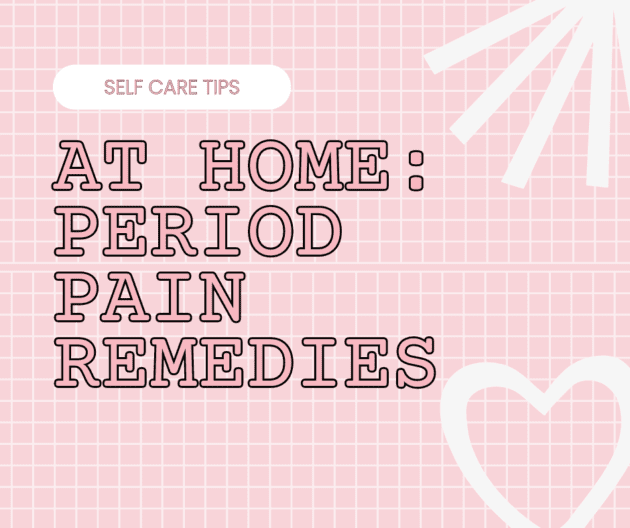Hormones & The Menstrual Cycle
Consultant Gynaecologist Narendra Pisal explains how your hormones change at each stage of the menstrual cycle, and what symptoms might affect you as a result.
The menstrual cycle is defined as the interval between first day of the menstrual period to the first day of next period. A typical menstrual cycle lasts for 28 days, but it is normal for it to range between 21 and 45 days. The menstrual cycle is regulated by ovarian hormones which fluctuate at various stages, as follows:
Menstrual phase (days 1-5): All hormones are at a low level; support to the uterine lining is withdrawn, which leads to a period. Symptoms are period-related, with bleeding and pain.
Follicular phase (days 1-14): Oestrogen levels start going up with development of ovarian follicle. This is usually a feel-good time of the cycle.
Ovulation (day 14): Oestrogen levels reach a peak leading to rise in LH (Luteinising hormone) which results in release of a mature egg. Sometimes ovulation related pain (Mittelschmerz) and occasional mid-cycle spotting. Some women can get clear discharge and the ovulation prediction test will become positive.
Luteal phase (day 14-28): Progesterone levels start rising after ovulation and will continue to stay high if there is a pregnancy. In the absence of pregnancy, progesterone levels start falling and period will start when the hormonal support is withdrawn. During this time, progesterone-related symptoms are common. Some women get physical symptoms, such as breast tenderness, tiredness, bloating, headaches, hot flushes and sleep disturbances, and psychological symptoms, such as anxiety, low mood, sometimes sadness or depression with mood swings and irritability. Some women describe feeling ‘foggy’ with the inability to make decisions.
It is important to be in tune with your menstrual cycle and hormonal changes. There are many advantages:
- Being able to predict your next period and plan your life
- Being able to predict your ovulation and plan for pregnancy
- Being more aware of cyclical symptoms such as pain or PMS and correlate with your menstrual cycle
- Monitoring the severity of your periods and period-related symptoms
- Some apps such as Natural Cycles can also help you with natural methods of contraception



